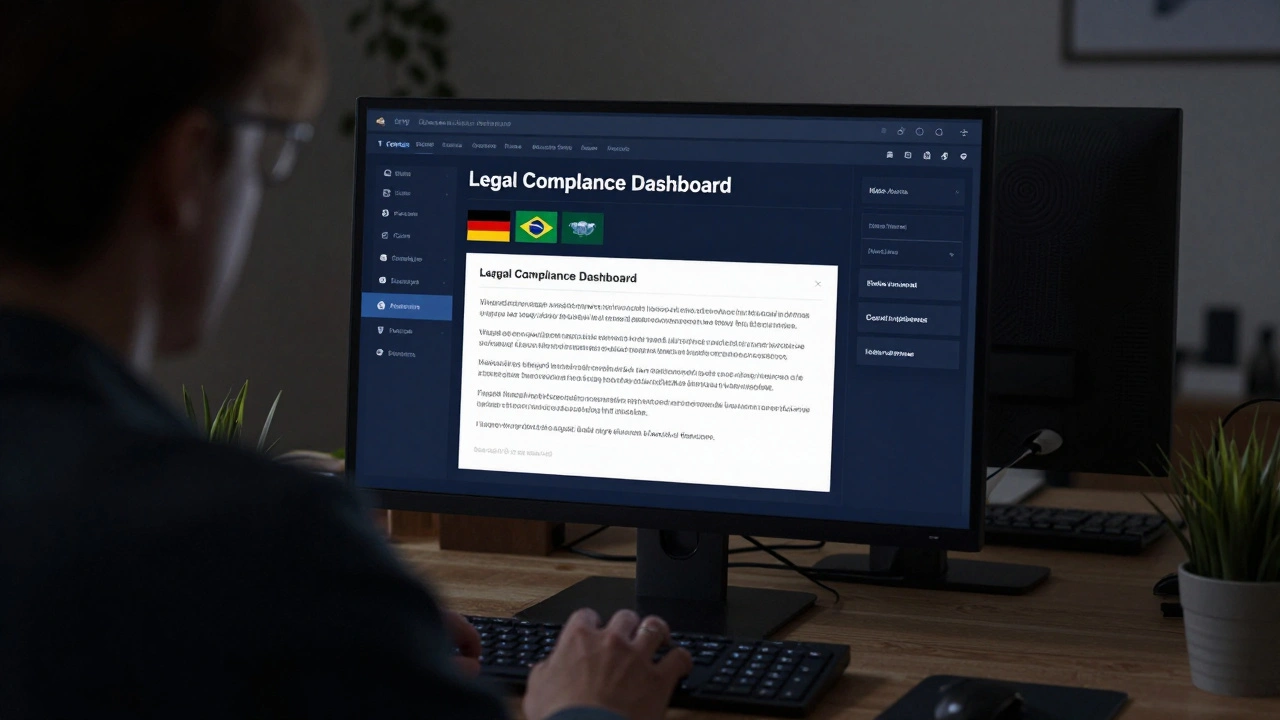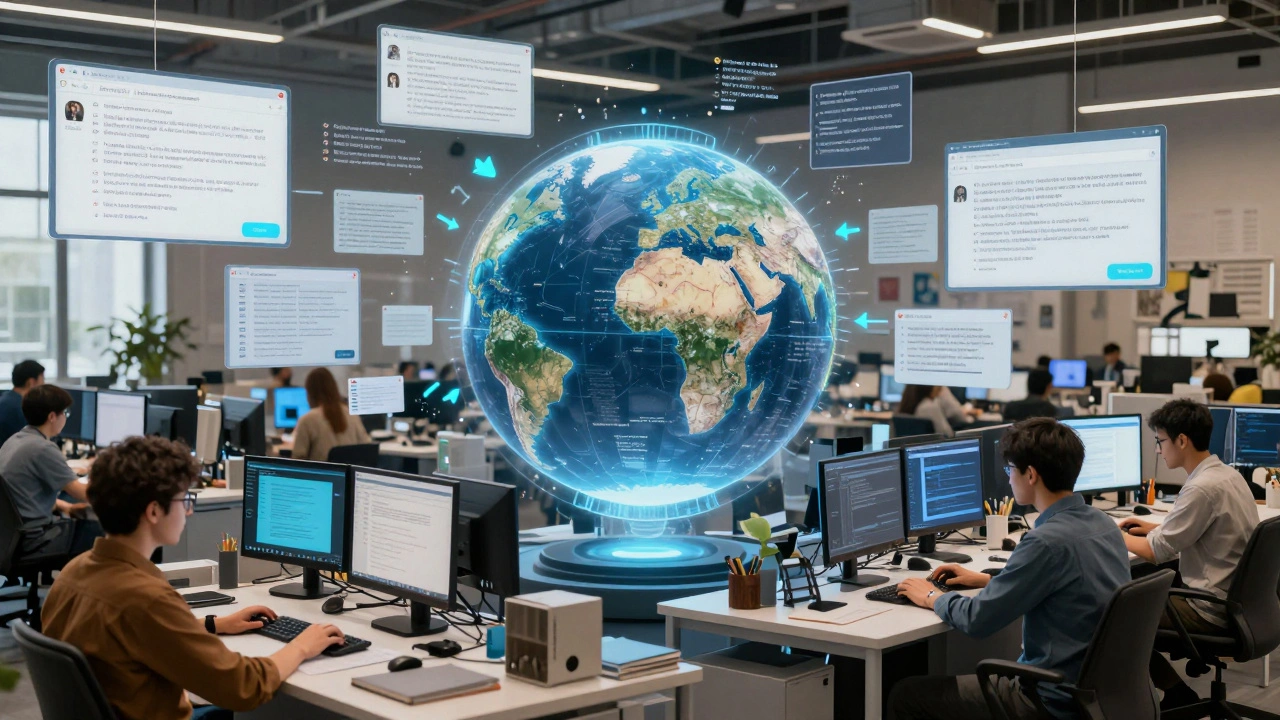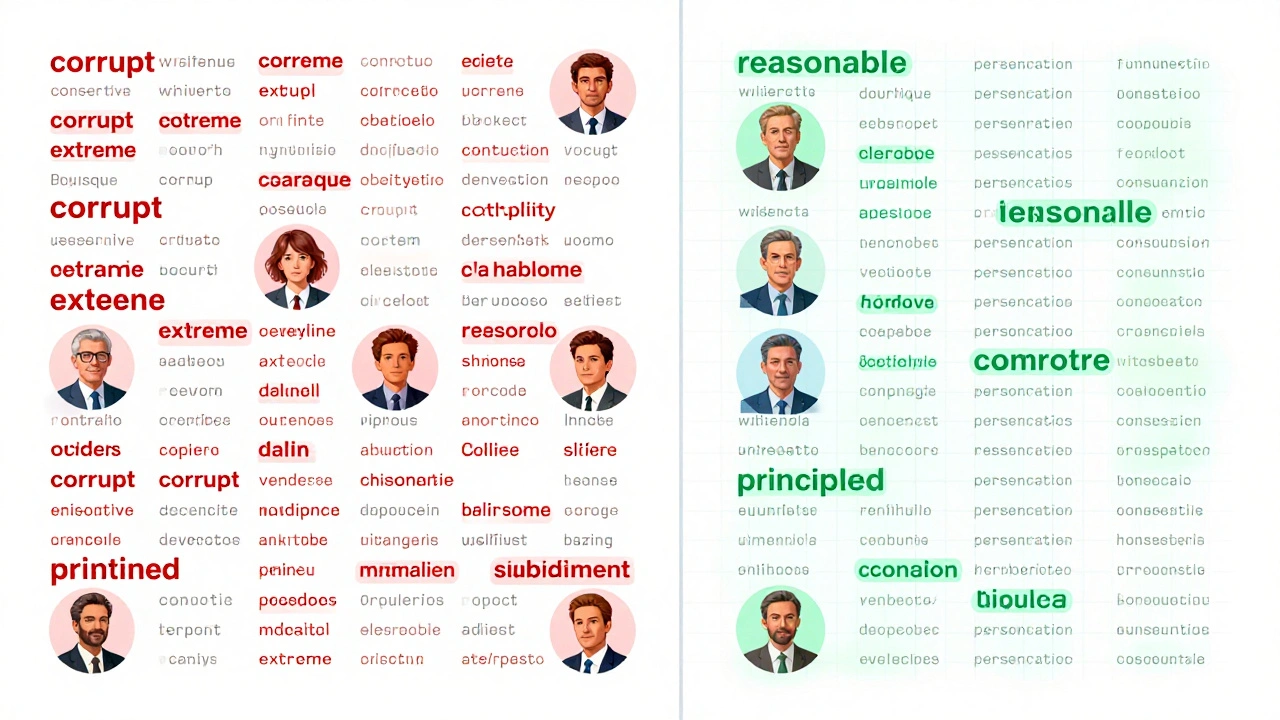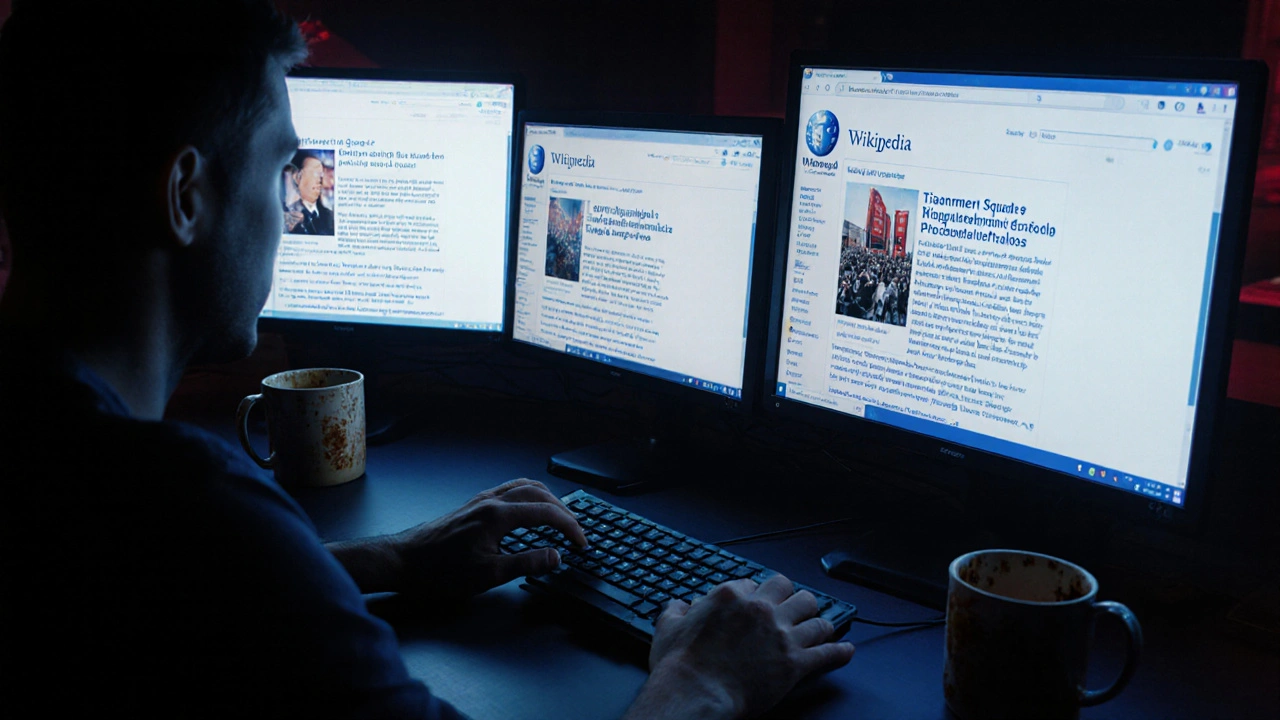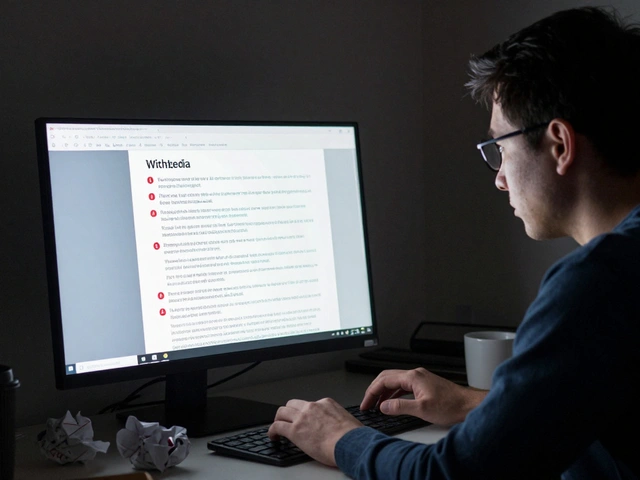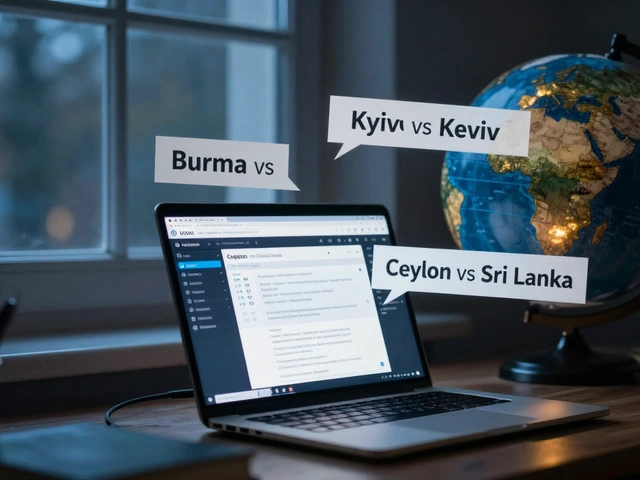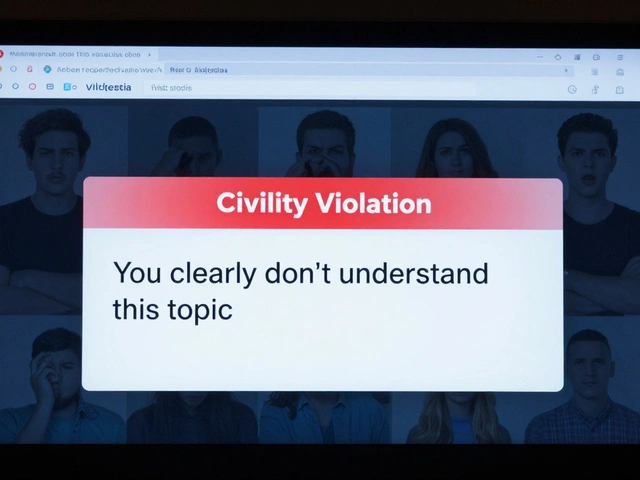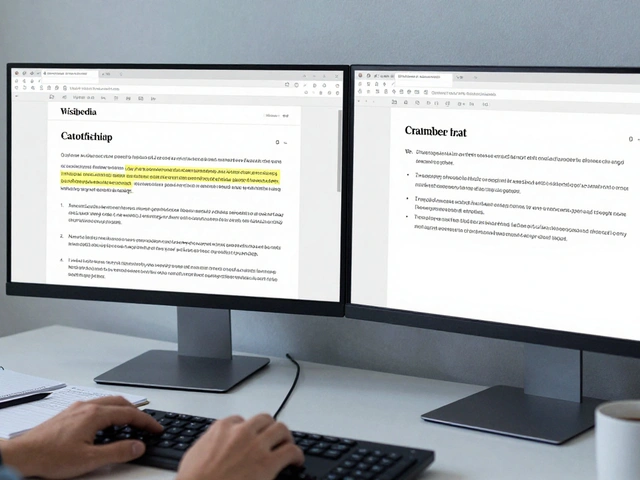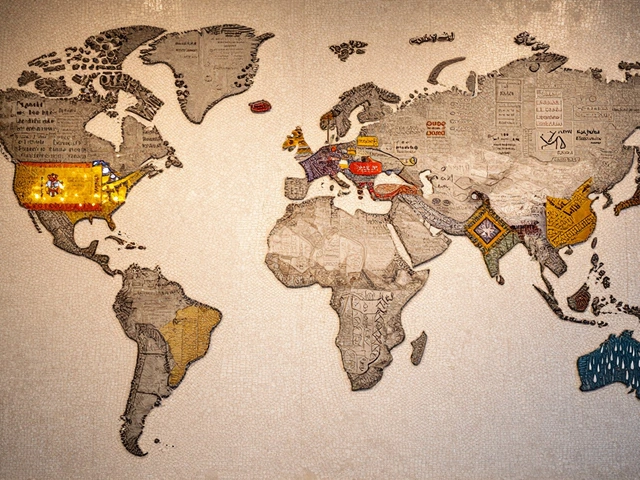Content Moderation on Wikipedia: How Fake Accounts, Bots, and Community Rules Keep Truth Alive
When you read a Wikipedia article, you’re seeing the result of content moderation, the system of rules, tools, and people that ensure information stays accurate, neutral, and free from manipulation. Also known as editorial oversight, it’s what stops lies from spreading, keeps paid promoters in check, and lets real knowledge rise to the top. Unlike social media, where algorithms decide what stays up, Wikipedia’s moderation is mostly human-driven—and it’s messy, relentless, and surprisingly effective.
Behind every clean article is a quiet war. sockpuppetry, the use of fake accounts to push agendas or manipulate edit wars is one of the biggest threats. These hidden users don’t just edit—they coordinate, vote in elections, and ghostwrite press releases. When caught, they’re banned, but new ones keep showing up. Then there are Wikipedia bots, automated tools that revert vandalism, fix broken links, and flag biased language thousands of times a day. They don’t get tired. They don’t have opinions. They just enforce rules faster than any human could. And then there’s the community itself: editors who spend hours on talk pages, debating sources, calling out conflicts of interest, and deciding what deserves to stay or go. This isn’t just about deleting bad content—it’s about protecting the integrity of knowledge.
Content moderation on Wikipedia isn’t perfect. It’s slow. It’s uneven. Sometimes it favors English speakers or big cities over rural communities. But it’s the only system of its scale that doesn’t rely on ads, corporate owners, or government control. The tools keep evolving—AI literacy programs, safety protections for editors in dangerous regions, and new ways to verify local news sources. What you’re reading right now? It’s there because someone fought to make it right. Below, you’ll find real stories of how this system works: how fake accounts get exposed, how bots save hours of human work, how volunteers rebuild trust after a scandal, and why even a single biased photo can trigger a full investigation. This isn’t theory. It’s the daily work of keeping the world’s largest encyclopedia honest.
Regulatory Pressures: How Content Moderation Rules Are Changing Online Encyclopedias
Regulatory laws are forcing online encyclopedias like Wikipedia to change how they handle edits, sources, and content removal. What once was open collaboration is now a legal minefield.
Community Governance on Wikipedia vs Corporate Editorial Control
Wikipedia relies on volunteers and open collaboration, while corporate encyclopedias like Britannica use paid editors and strict control. Which model delivers better, more accurate knowledge? Here’s how they really compare.
Measuring Neutrality in Wikipedia Articles Using Text Analysis
Text analysis helps measure neutrality in Wikipedia articles by detecting biased language, uneven source use, and structural imbalances. Learn how tools and data reveal hidden bias and improve reliability.
Controversial Policy Debates Shaping Wikipedia Today
Wikipedia's policy debates over neutrality, notability, paid editing, and AI are reshaping how knowledge is curated-and who gets to decide. These conflicts reveal deep tensions between global inclusion and Western-dominated governance.
